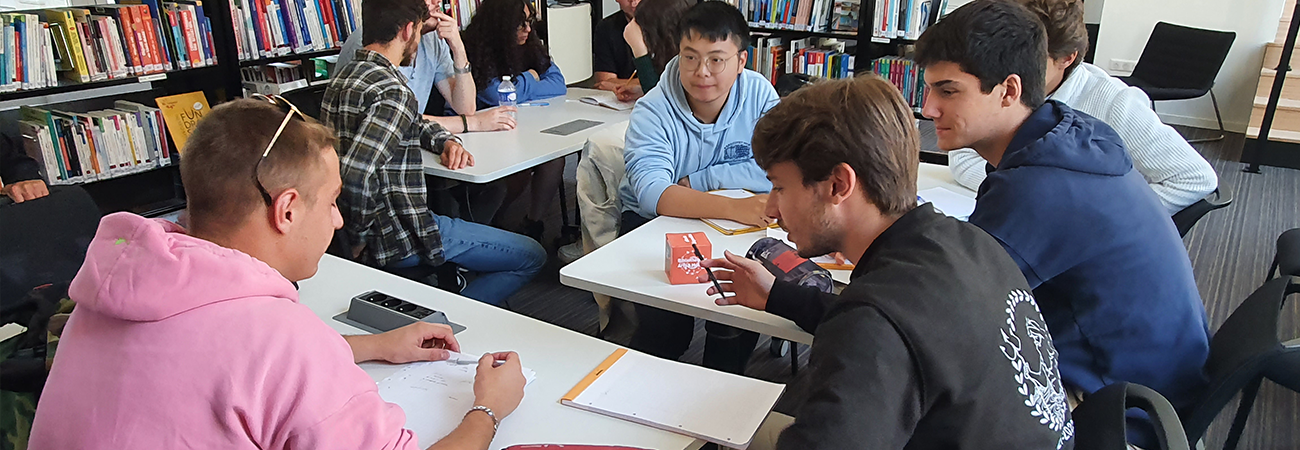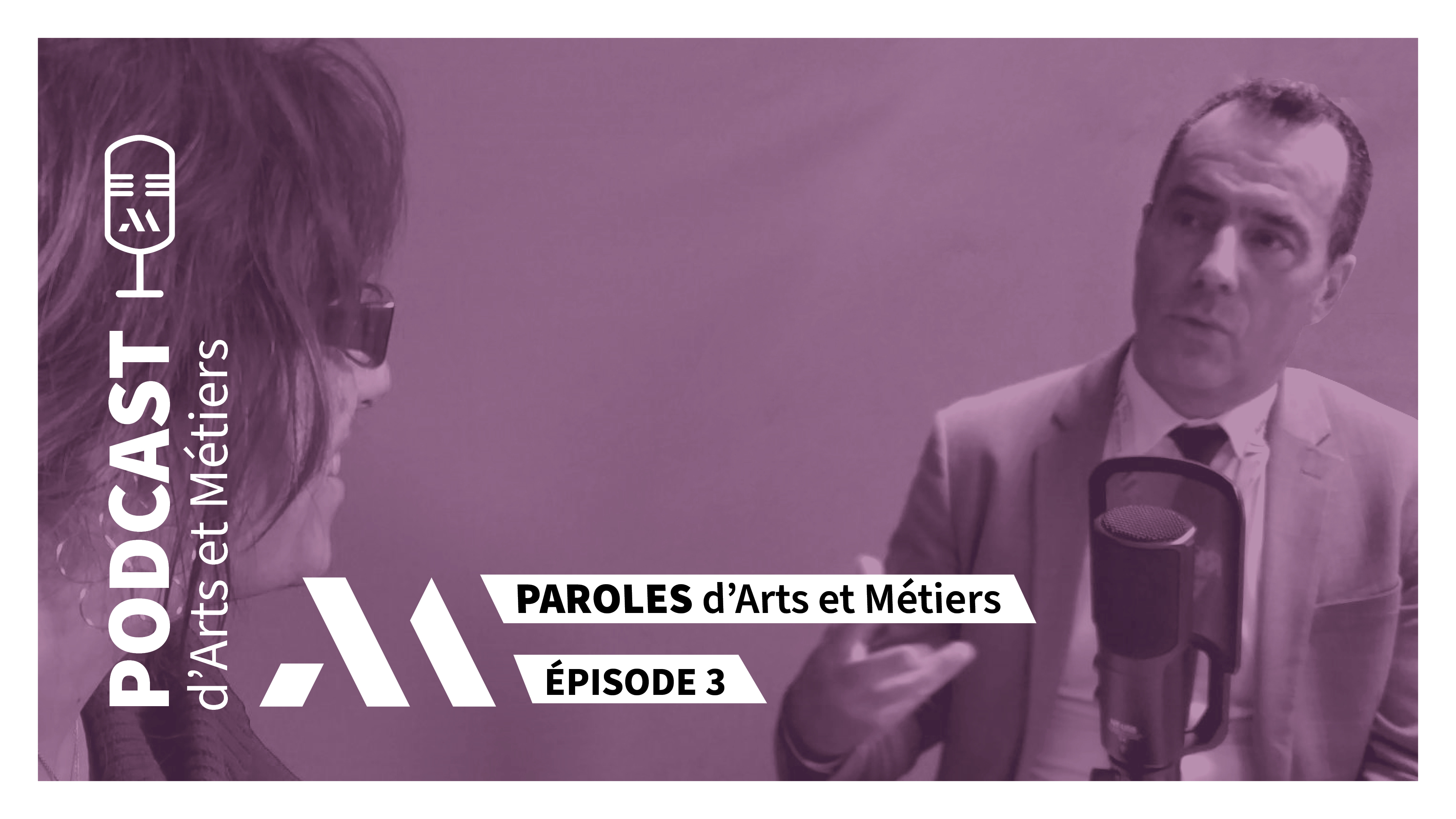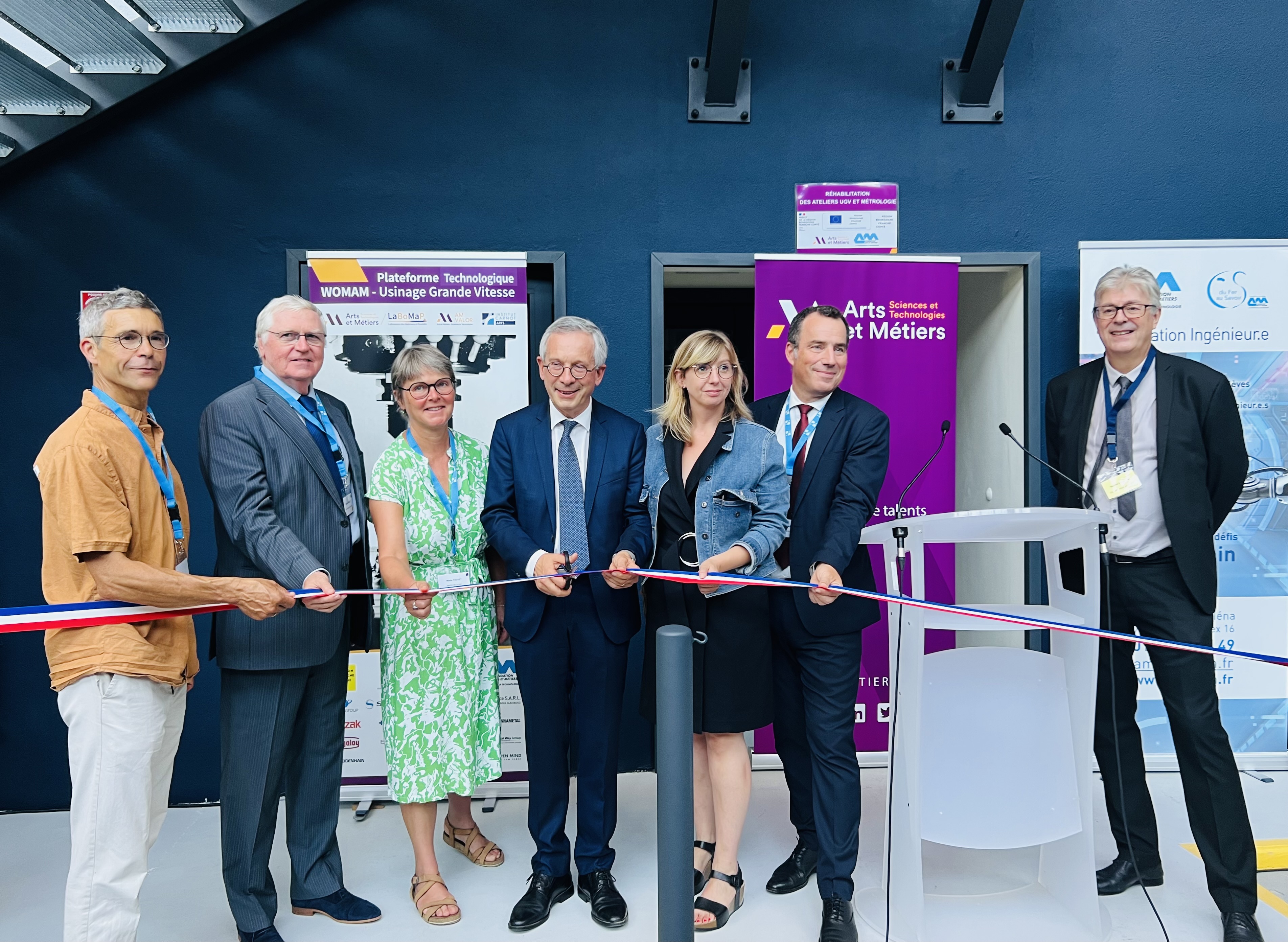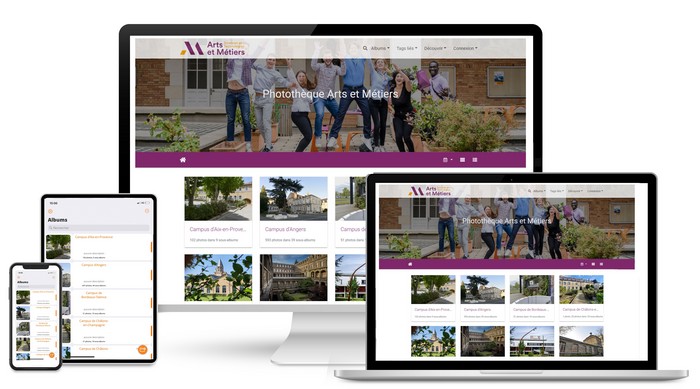Une nouvelle expertise Ingénieur généraliste à Châlons-en-Champagne !

Une nouvelle expertise en 3e année de Programme Ingénieur de Spécialité au campus Arts et Métiers de Châlons-en-Champagne : "Low Technologies et développement durable"
🎙️ Paroles d'Arts et Métiers Ep. 3 : Laurent Champaney

Découvrez un nouvel épisode du podcast Paroles d'Arts et Métiers avec Laurent Champaney sur le thème « L’ingénieur, l’industrie et Arts et Métiers »
Inauguration de WOMAM, la plateforme d’usinage haute performance 4.0 sur le campus de Cluny

Plus de 150 personnes se sont déplacées le 6 septembre pour l'inauguration de WOMAM, la plateforme d’usinage haute performance 4.0 du campus.
Signature de mécénat entre Lebronze alloys et le campus Châlons-en-Champagne !

Le campus Arts et Métiers de Châlons et Lebronze alloys, groupe industriel spécialisé dans la production de produits semi-finis et finis en alliages techniques de cuivre et de nickel à haute performance, ont signé une convention de mécénat, pour une durée d’un an.
Interview : Christophe Olivier, un nouveau coordinateur pédagogique à Chambéry

Christophe Olivier est arrivé vendredi 1er septembre, avant les rentrées des étudiants, en tant que coordinateur pédagogique, en charge du développement de la formation continue pour AMTALENTS.
Aconit : pour une aviation verte et plus sûre

Le projet Aconit (Actuators for Surge Control in Gas Turbine) a pour objectif le contrôle du débit interne des moteurs à turbine, la forme la plus courante de système de propulsion utilisé sur les avions modernes. Le projet Aconit, coordonné par Arts et Métiers, prendra fin en décembre 2023.
Communication : quoi de neuf pour cette nouvelle rentrée ?

Une nouvelle photothèque, le lancement d’une série de podcasts et une appli étudiant.e.s simplifiée, voilà trois nouveaux outils que vous propose la direction de la communication.
